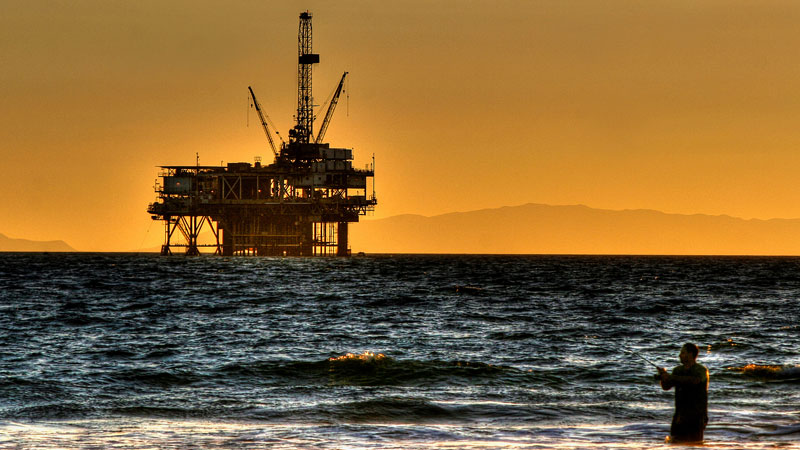- Oil Pact Could Quickly Sop up Market Glut
A pact by leading producers to cut output could quickly begin sopping up the glut on the oil market that has weighed on prices, the IEA said Tuesday as it also hiked its demand forecast.
The agreements, if implemented, would “hasten the market’s return to balance by working off the inventory overhang,” said the International Energy Agency, which analyses energy markets for major oil consuming nations.
The recent deals are the first joint cuts by OPEC and non-OPEC nations since 2001 and aim to reduce production by just under 1.8 million barrels per day (mbd).
“If OPEC and non-OPEC were to implement strictly their agreed cuts, global inventories could start to draw in the first half of next year,” it added.
The IEA said it was not making any forecast, but suggested that implementation of the pact could result in a draw of 0.6 mbd into stocks.
Oil stocks in the advanced nations which fund the IEA hit a record of 3,102 mb in July.
While they have since declined, “they remain 300 mb above the five-year average, providing a more than ample cushion going into 2017”, said the IEA.
– ‘Implicit goal’ –
The IEA also said that “an implicit goal” of the pact may be “to keep the price of oil from falling below $50” per barrel.
Crude oil prices have risen by around $10 per barrel in recent weeks on the deals by the OPEC and non-OPEC nations.
The benchmark international contract, Brent crude, was trading at around $55.99 per barrel in late morning on Tuesday, around 50 cents up from its level ahead of the report.
“Clearly, the next few weeks will be crucial in determining if the production cuts are being implemented and whether the recent increase in oil prices will last,” said the IEA.
A price of $50 per barrel is seen as the level at which it becomes profitable for many companies to produce oil.
Oil exporting nations have been suffering with prices under that level, even dropping below $30 per barrel at the beginning of this year, as Saudi Arabia led OPEC nations in stepping up output in order gain market share and push rivals with higher production costs out of business.
The IEA found that production increases by OPEC nations continued into November, rising by 300,000 bpd to 34.2 mbd. November output by OPEC nations was 1.4 mbd above that one year ago.
The cartel currently accounts for around 40 percent of total output.
At a meeting last weekend in Vienna, 11 non-members of OPEC agreed cut of production by 558,000 barrels per day, joining an earlier pledge by OPEC nations to cut output by 1.2 mbd for six months.
The IEA said analysis of the market outlook for 2017 was complicated by the fact that OPEC will review in May whether to extend the output cuts.
It said “OPEC also appears to be signalling that high-cost producers should not take for granted that they will receive a free ride to higher production”.
The IEA noted however that US shale producers, the higher-cost producers that OPEC squeezed via low oil prices, appear to be stepping up investment, but made only marginal increases to its forecasts for North American output.
– Demand growth –
While supply will be restrained by the pact between leading oil producers, growth in oil demand has been stronger than forecast.
“Global oil demand growth of 1.4 mbd is foreseen for 2016,” said the IEA, which is an increase of nearly 10 percent from its previous forecast and due in part to “robust demand” in the United States.
Demand growth in 2017 is now seen at 1.3 mbd, up from its previous forecast of 1.2 mbd.
That is still considerably below the five-year high of 1.8 mbd in demand growth registered in 2015.
AFP

 Forex2 weeks ago
Forex2 weeks ago


 Naira2 weeks ago
Naira2 weeks ago
 Billionaire Watch2 weeks ago
Billionaire Watch2 weeks ago




 Naira2 weeks ago
Naira2 weeks ago




 Naira2 weeks ago
Naira2 weeks ago




 Naira4 weeks ago
Naira4 weeks ago


 Naira6 days ago
Naira6 days ago
 Banking Sector4 weeks ago
Banking Sector4 weeks ago


















